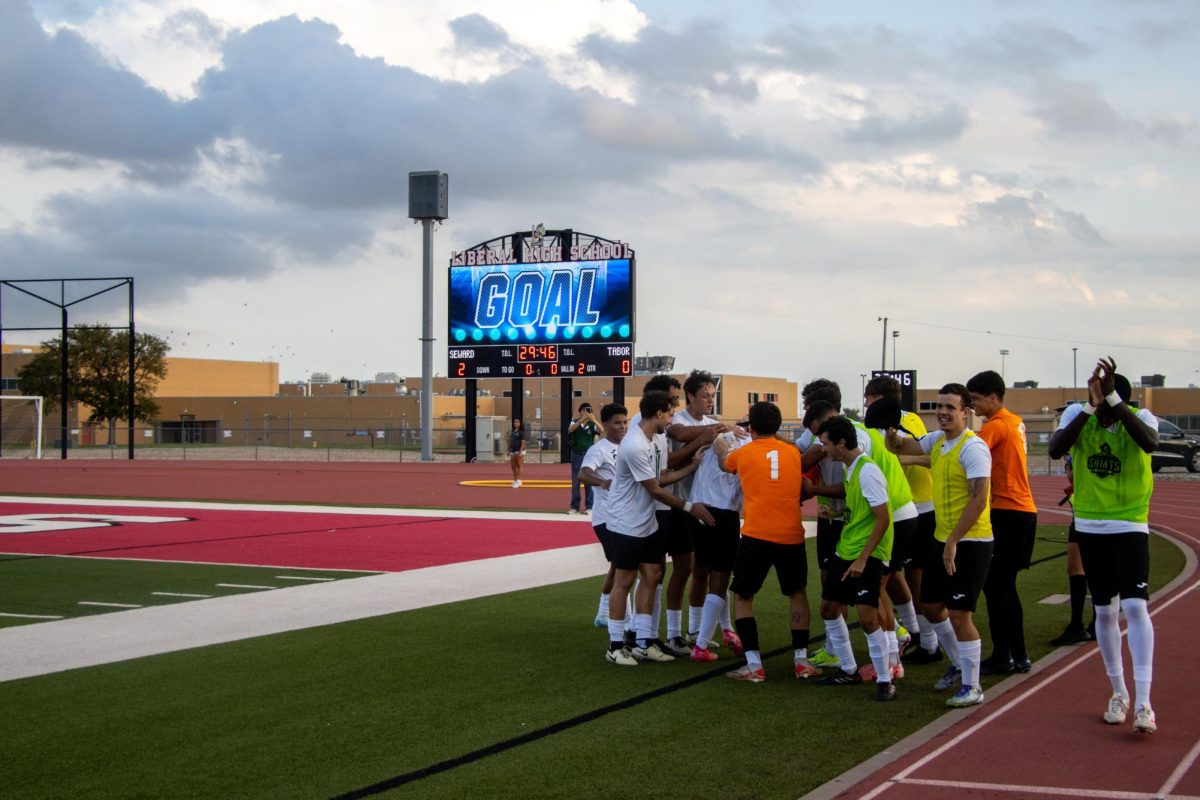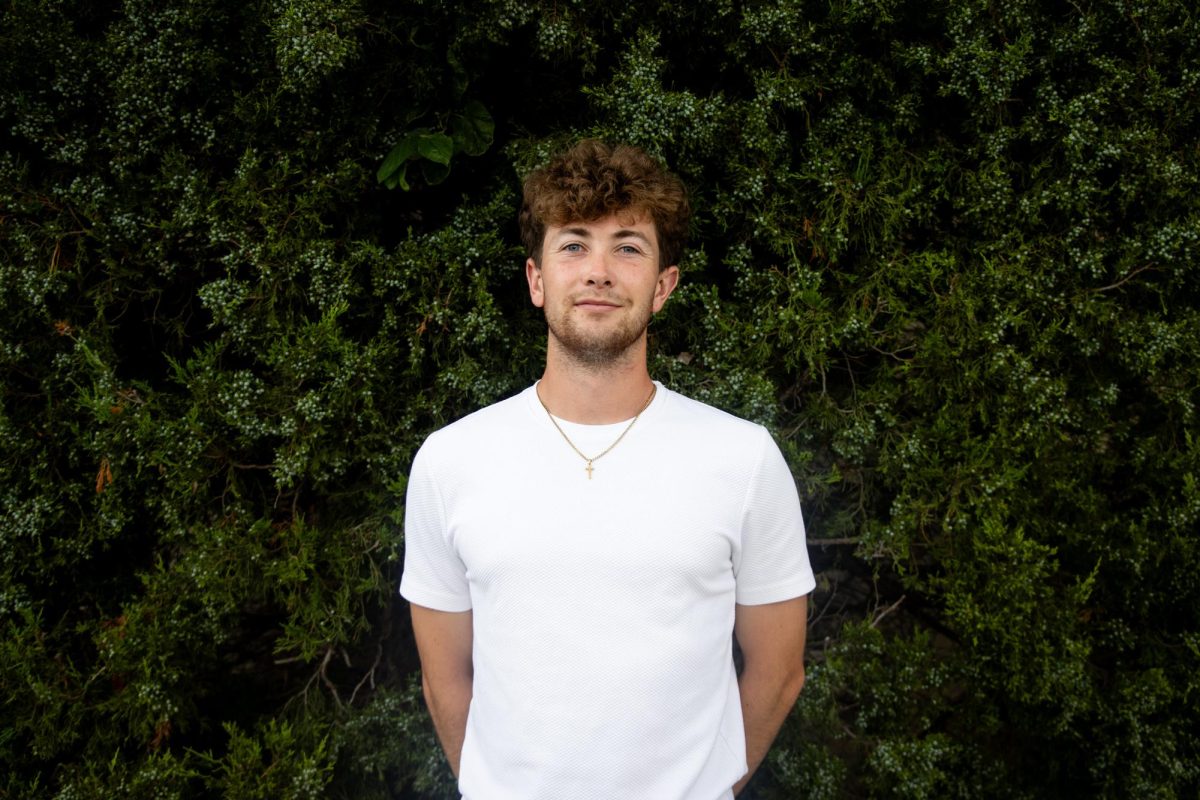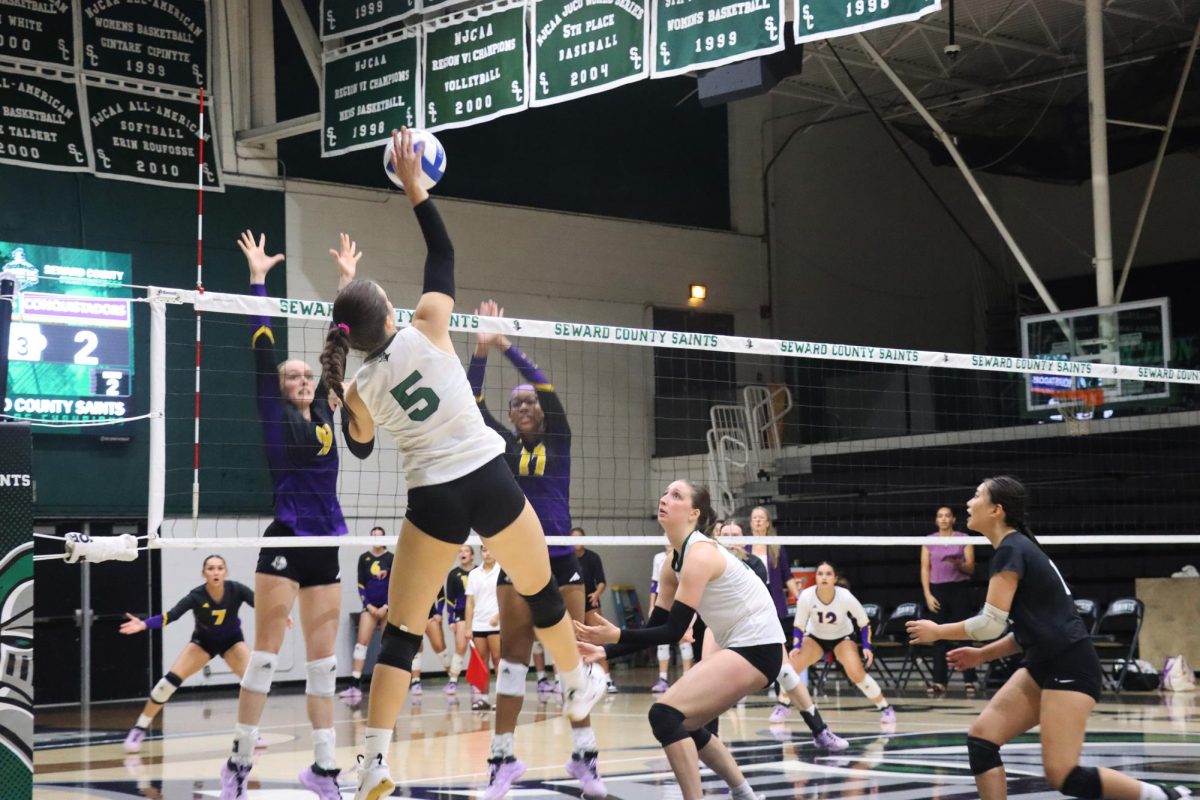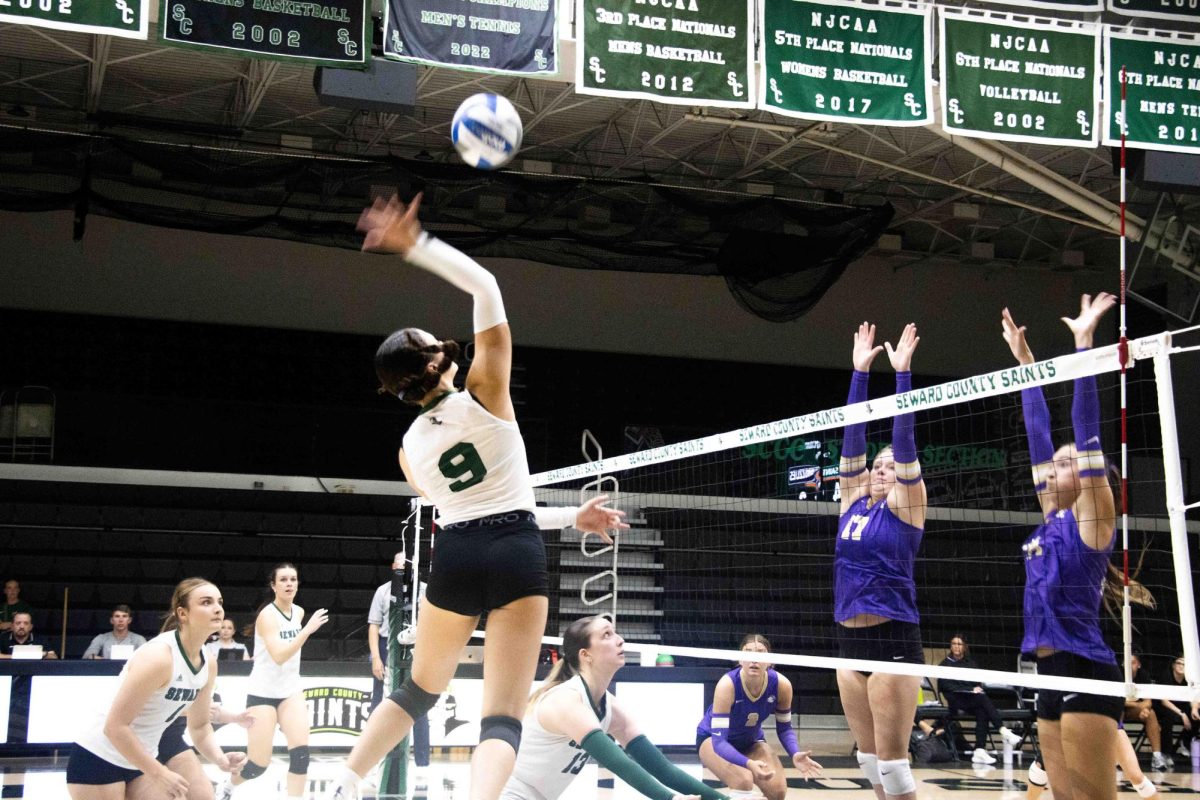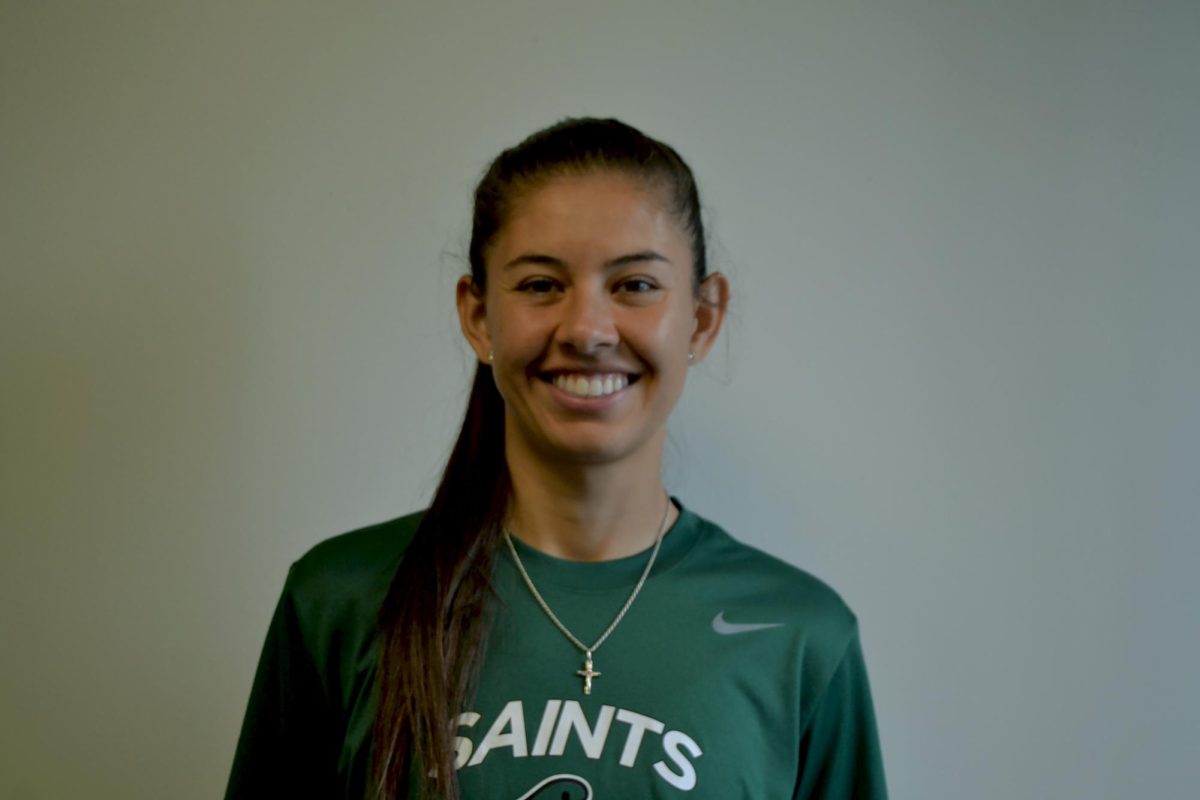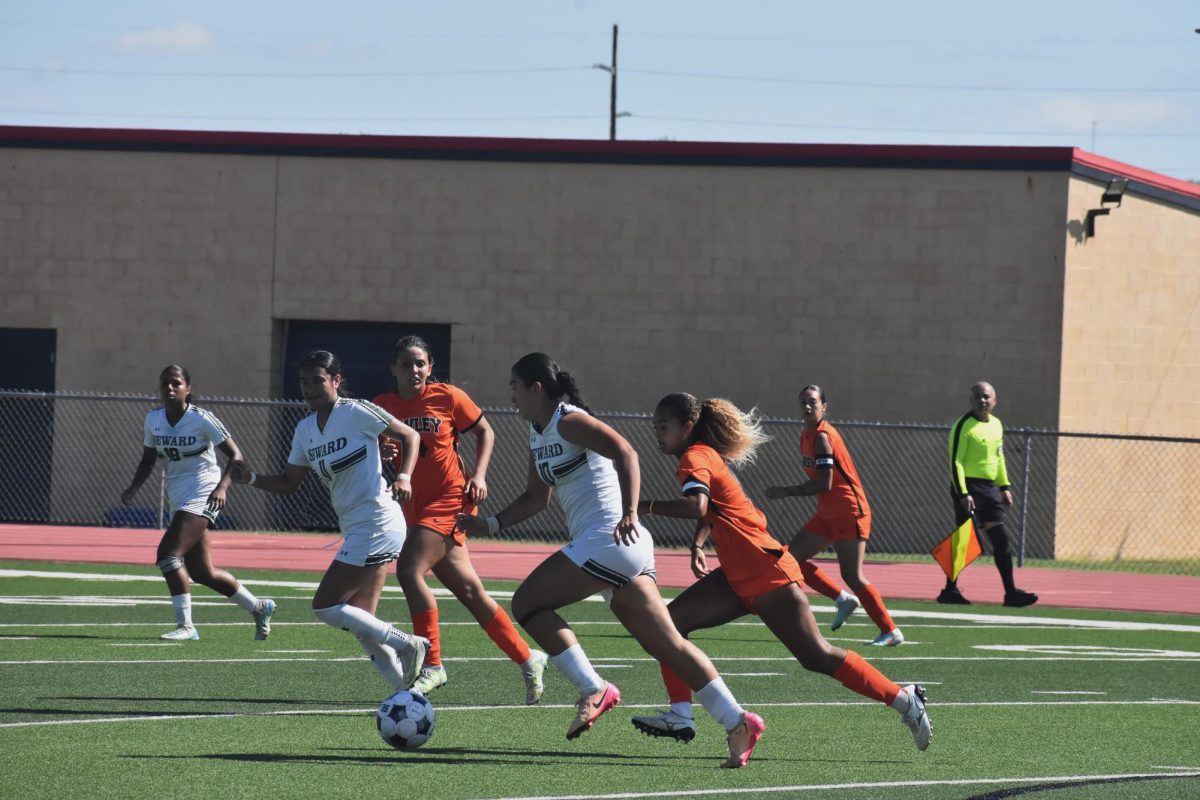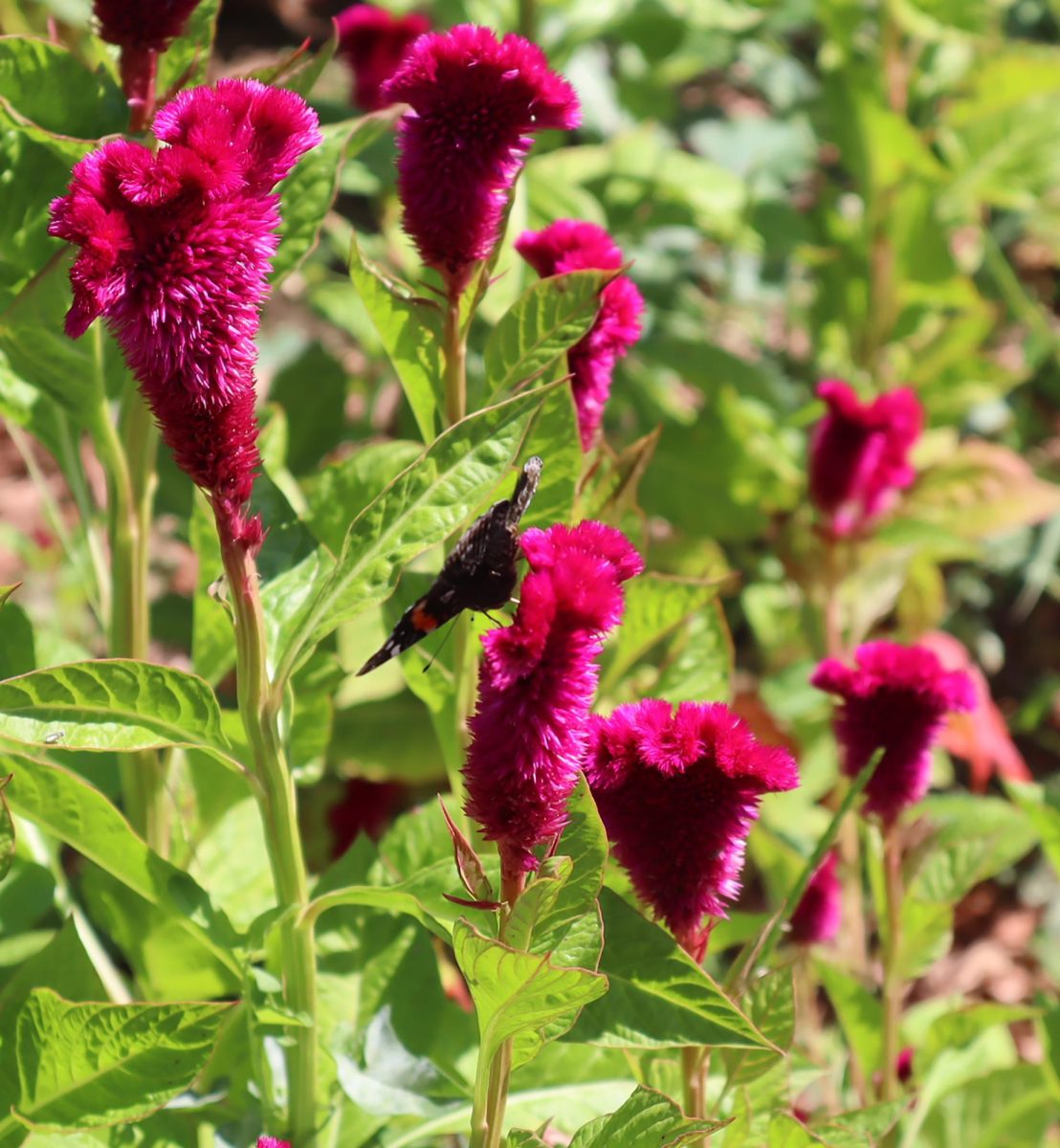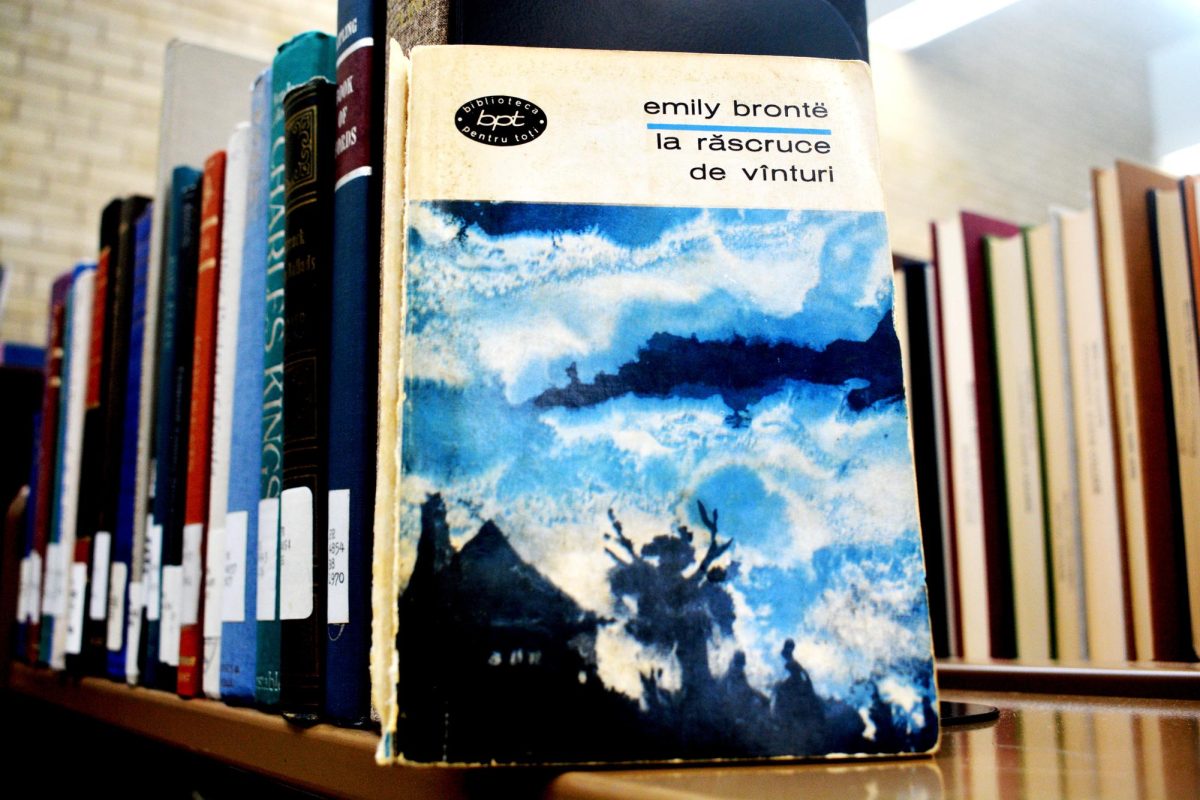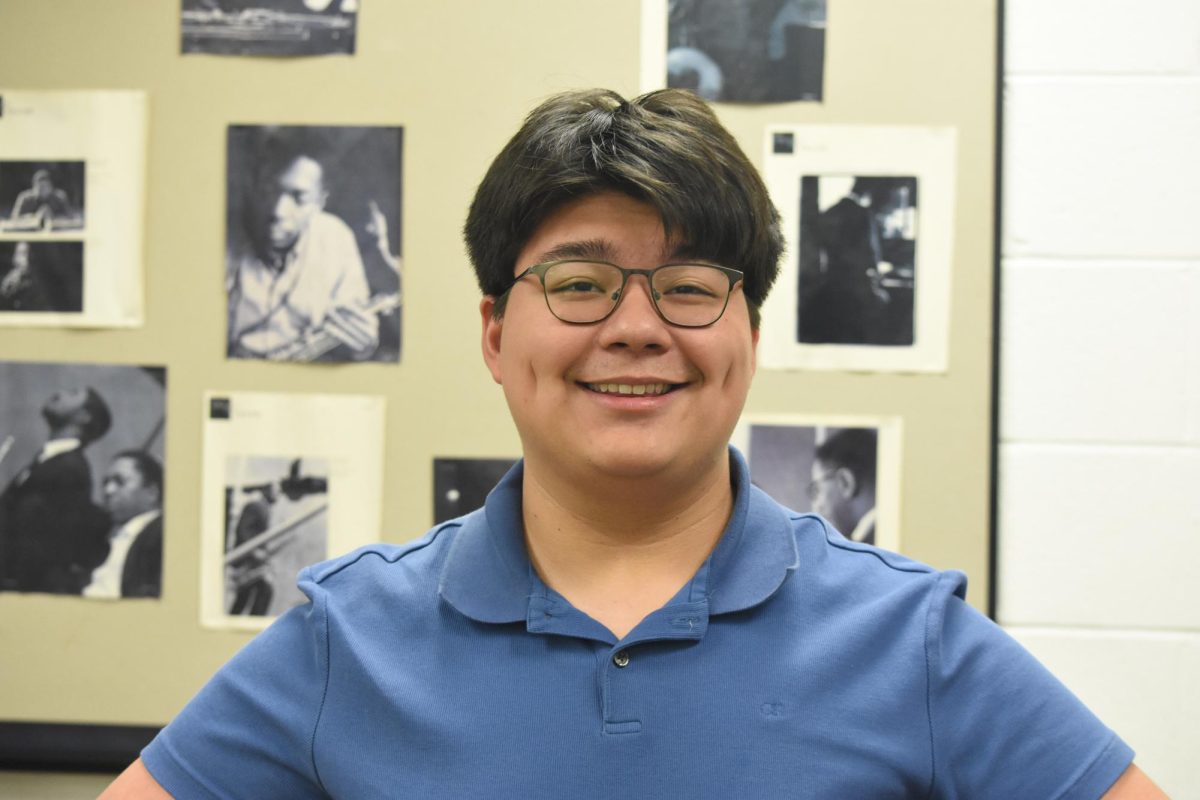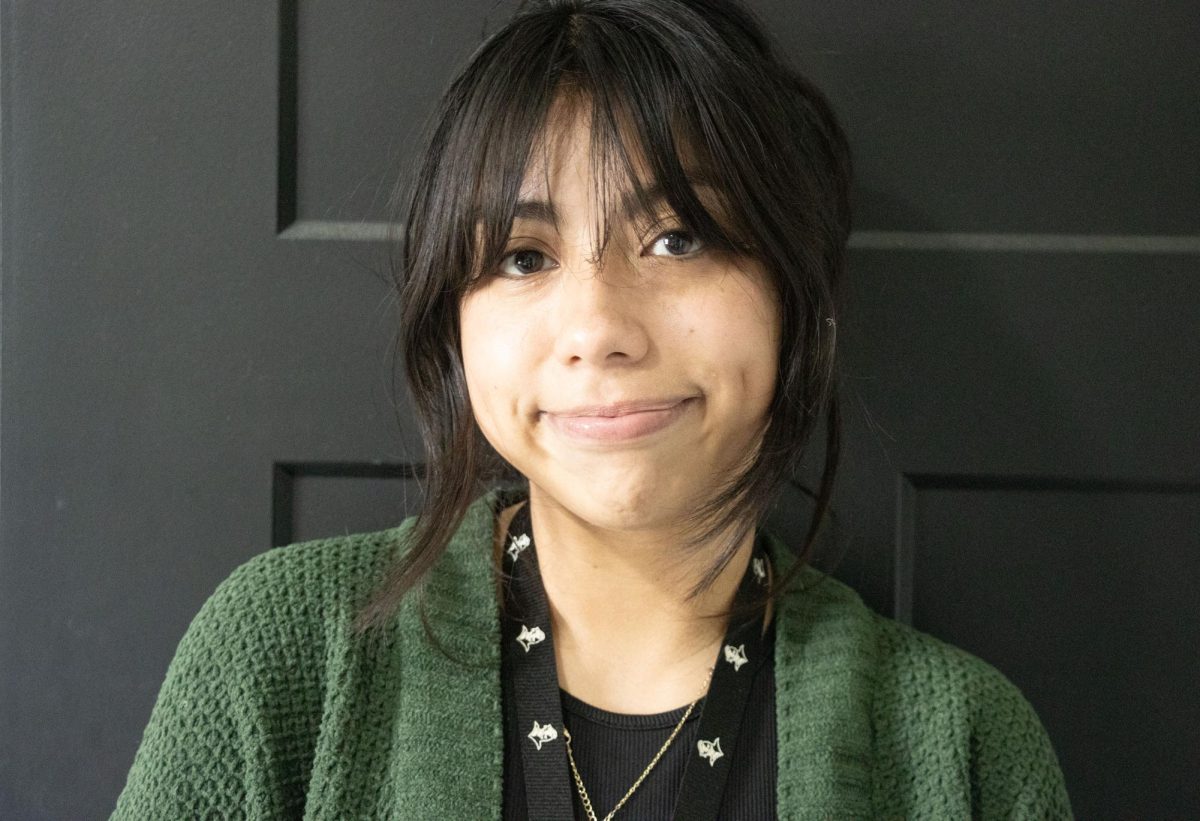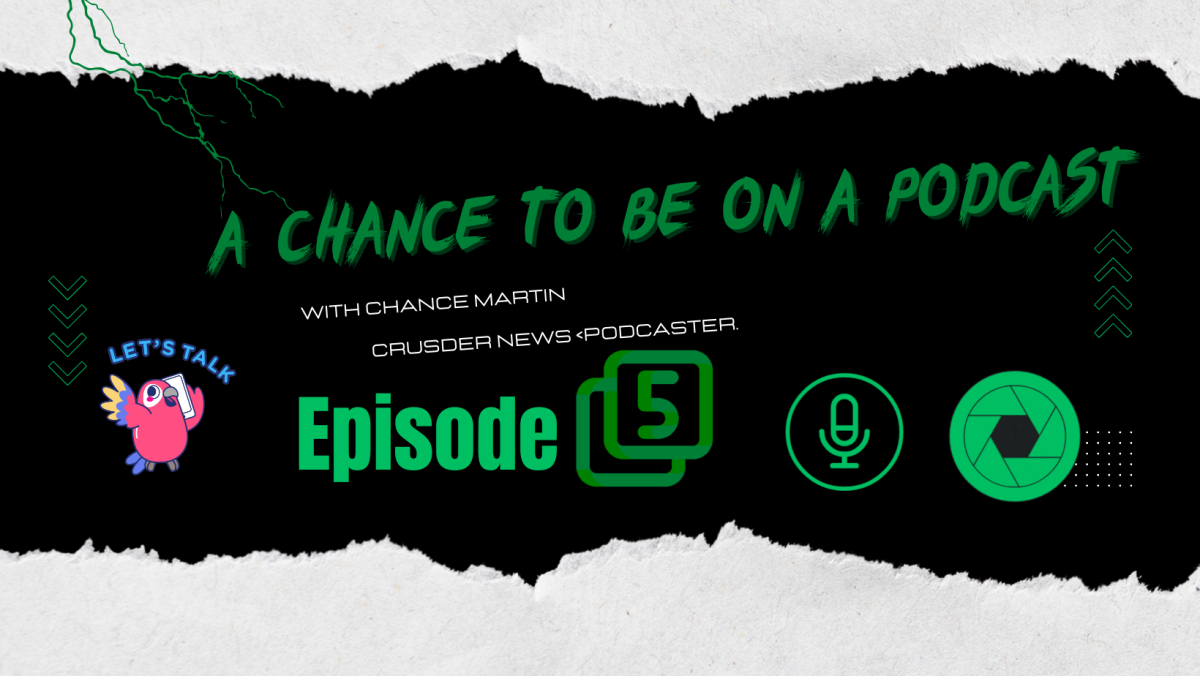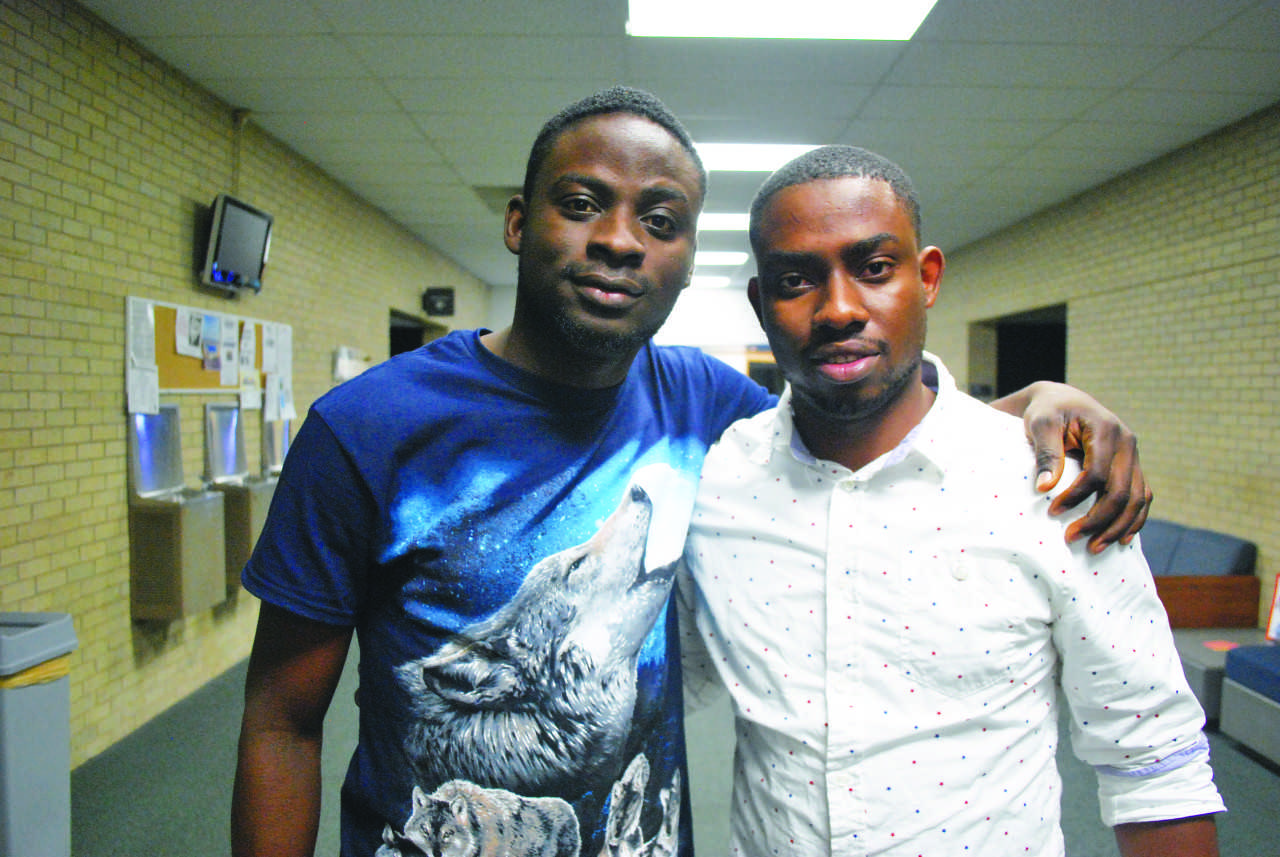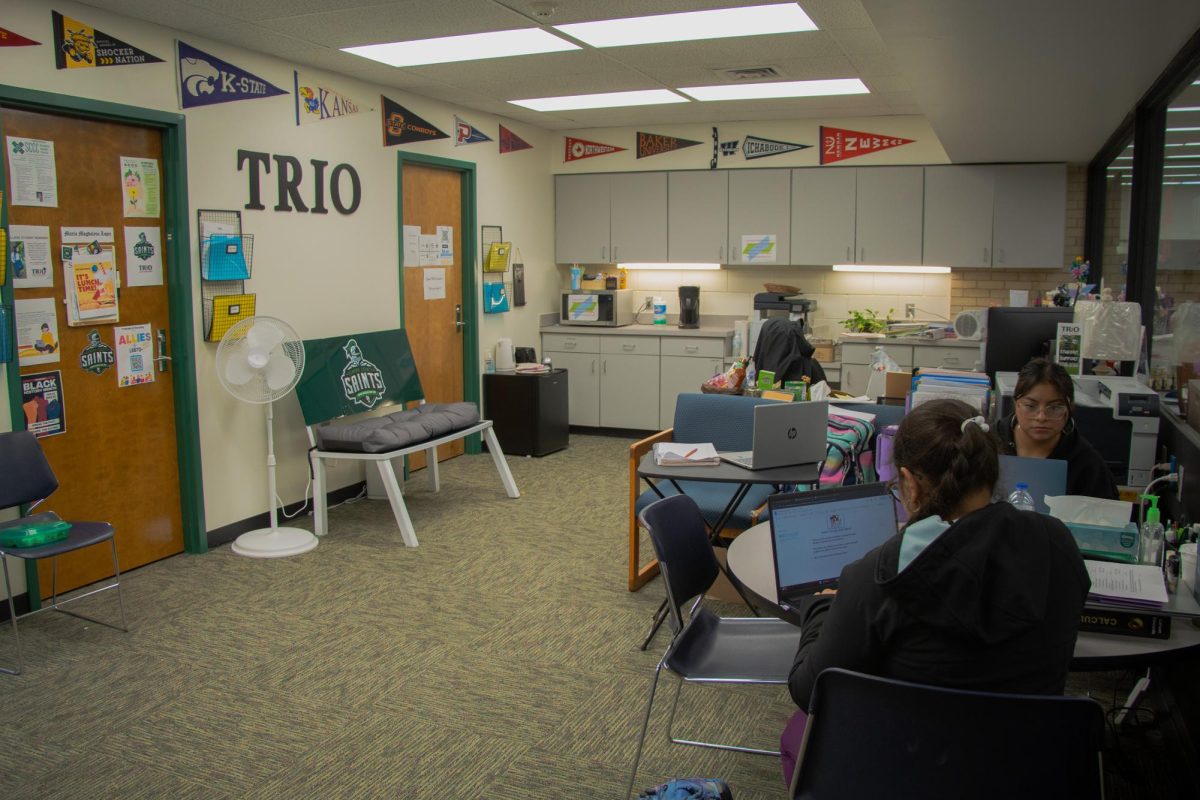Two international students from Nigeria are making an effort to inform fellow students at Seward about the recent presidential election in their home country.
The outcomes of this 2015 Nigerian election has shot across the world into Liberal, where these students, Timothy Olowookere, 28, and Olayinka Lafiaji, 26, attend Seward County Community College.
The background on the story saw the country of Nigeria in an intense 2015 presidential election. Muhammadu Buhari defeated the incumbent president, Goodluck Jonathan, by about 2 million votes, according to Nigeria’s Independent National Electoral Commision.
This is the first time that an incumbent president has lost a re-election by a vote of the people under a new democracy. Both Olowookere and Lafiaji are in favor of the new elected president because they want the corruption that is going on in their home country to stop.
Nigeria is the most populous country in Africa, with the population being more than 170 million people. Over the past few years, under Jonathan’s term, violence and corruption cases have increased, along with activity from the terrorist group Boko Haram.
According to CFR’s Nigeria Security Tracker, Boko Haram has been responsible for nearly 11,000 deaths since May 2011. The Boko Haram are an extremist Islamic group in Nigeria that has created havoc across the northern areas of the country by assassinations and abductions. Olowookere and Lafiaji say the terrorist group doesn’t seem to have a solid unified purpose. Some days they say they are against Western education, some days promoting the overthrow the government. But the hope is that Buhari will be successful in fighting the terrorists.
On CNN News, Buhari said he will “rapidly give attention” to putting control to the violence in the north east part of Nigeria. Olowookere and Lafiaji agree that Buhari is at an advantage in regard to the Boko Haram because he is from the north part of Nigeria. He speaks the language and knows the people. Olowookere goes as far as to say that Buhari will be able to resolve the situation faster than Jonathan would have, being from the south, because, “Jonathan knows nothing about the Boko Haram and how they operate.”
In Olowookere’s opinion, Goodluck Jonathan was a man who grew up from the ghetto and when he first was first running, people were thinking, “This is a president that was once poor, he’s going to fix the economy, and help everyone,” he said. “That’s why people voted for him.”
But Olowookere explains that though Jonathan did grow up in those circumstances, as time passed, “power got to his head.” “He surrounded himself with people who had selfish interests,” Lafiaji said. This state of being, Olowookere explained it as being “power drunk”, where Jonathan was becoming wealthy quickly, and forgetting the reasons he won the election in the first place.
So with the new elections this year, “There was a shift in personality interest, Jonathan is a weakling, filled with corruption and people needed somone who could put his foot down, he’s disciplining. He stands his authority on things,” Lafiaji said of Buhari. Prior to this new term that Buhari will be serving, he was a military president about 30 years ago.
“But because he wasn’t allowing the regular flow of business like corruption, drugs, stealing … he was being too hard on the cartels. So the cartels wanted someone who would let them run their businesses,” Lafiaji said. In Nigeria, folks like Olowookere and Lafiaji have no say in situations of that matter. According to Lafiaji, there might be small protests, but because the military is everywhere, it’s best to not say anything. “It’s a blessing to keep your mouth shut because what you say can affect your wife, kids, and business,” Olowookere said. Lafiaji said, “In one of his interviews, Buhari said he would lead the fight from the front of the line.”
The statement makes him hopeful that Buhari will provide the type of leadership Nigeria needs. In hopes of seeing their home country with less corruption, Lafiaji and Olowookere are voicing their opinions about the hope they see in the election. They would like for people in other countries, especially America, to understand Nigeria, its economy and how business and politics work, and to understand that its people are well-traveled and well-educated. S
o if you see these students on campus, engage them in a conversation. One thing they are proud of from their country is how friendly Nigerians are. Take advantage of that and start a conversation to find out more. Lafiaji and Olowookere are both going to acknowledge and greet you. “I’ll talk to anyone, anywhere,” Olowookere said.


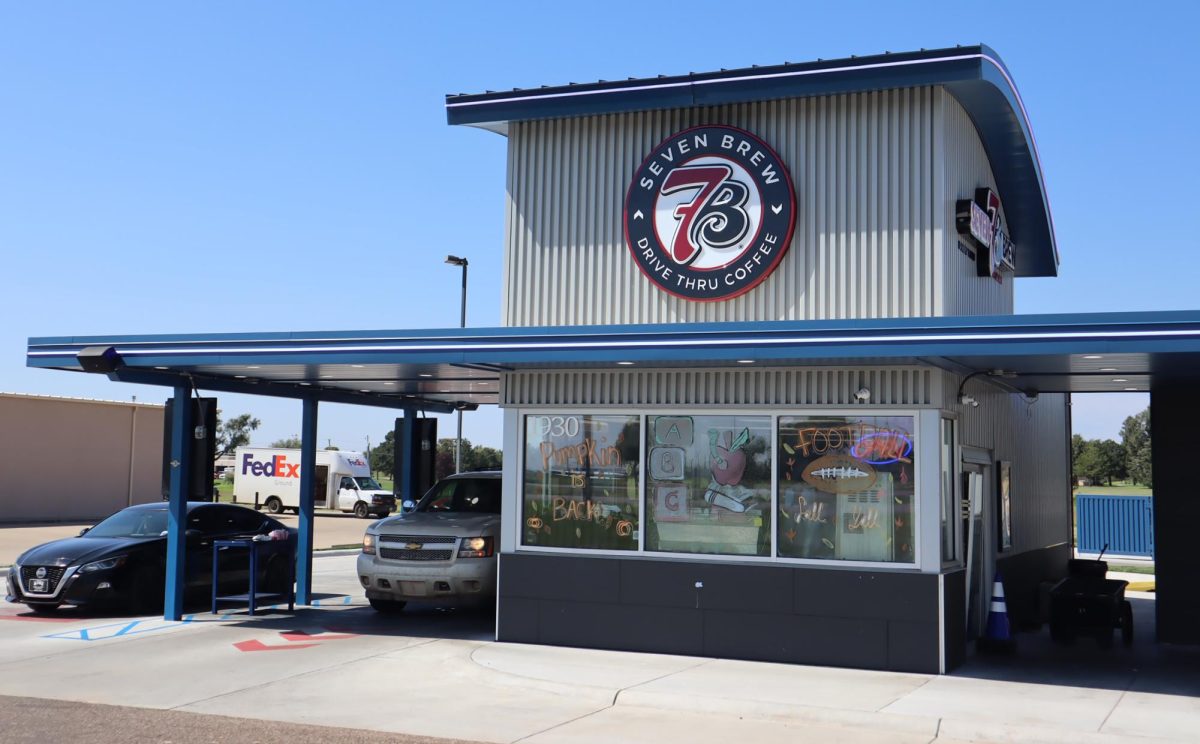
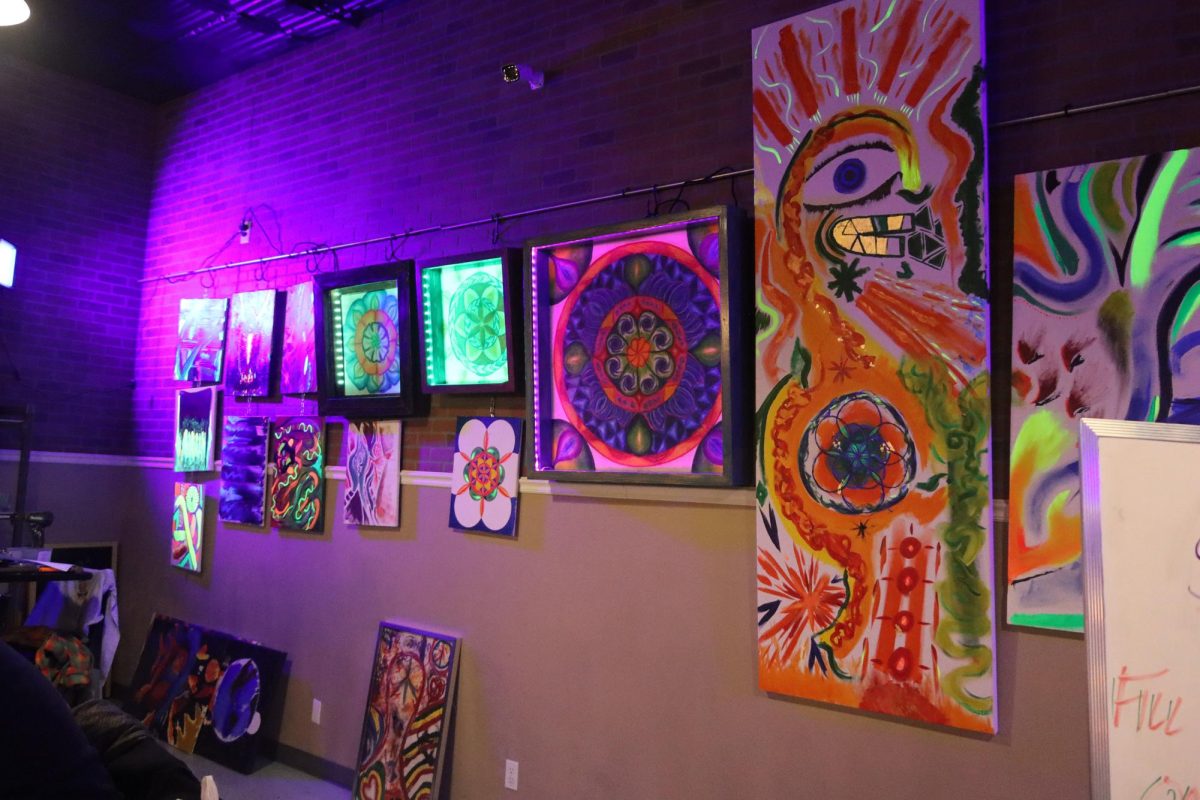










![The sophomores were recognized on the field instead of walking across the stage during their doubleheader. They received their diplomas and a picture of themselves playing during their career at Seward. [Pictured left to right are Dylan Day, Reed Thomas, Jase Schneider, Mason Martinez, Gannon Hardin, Brody Boisvert, and Zach Walker]](https://crusadernews.com/wp-content/uploads/2022/05/WEBDSC_0275-900x454.jpg)





